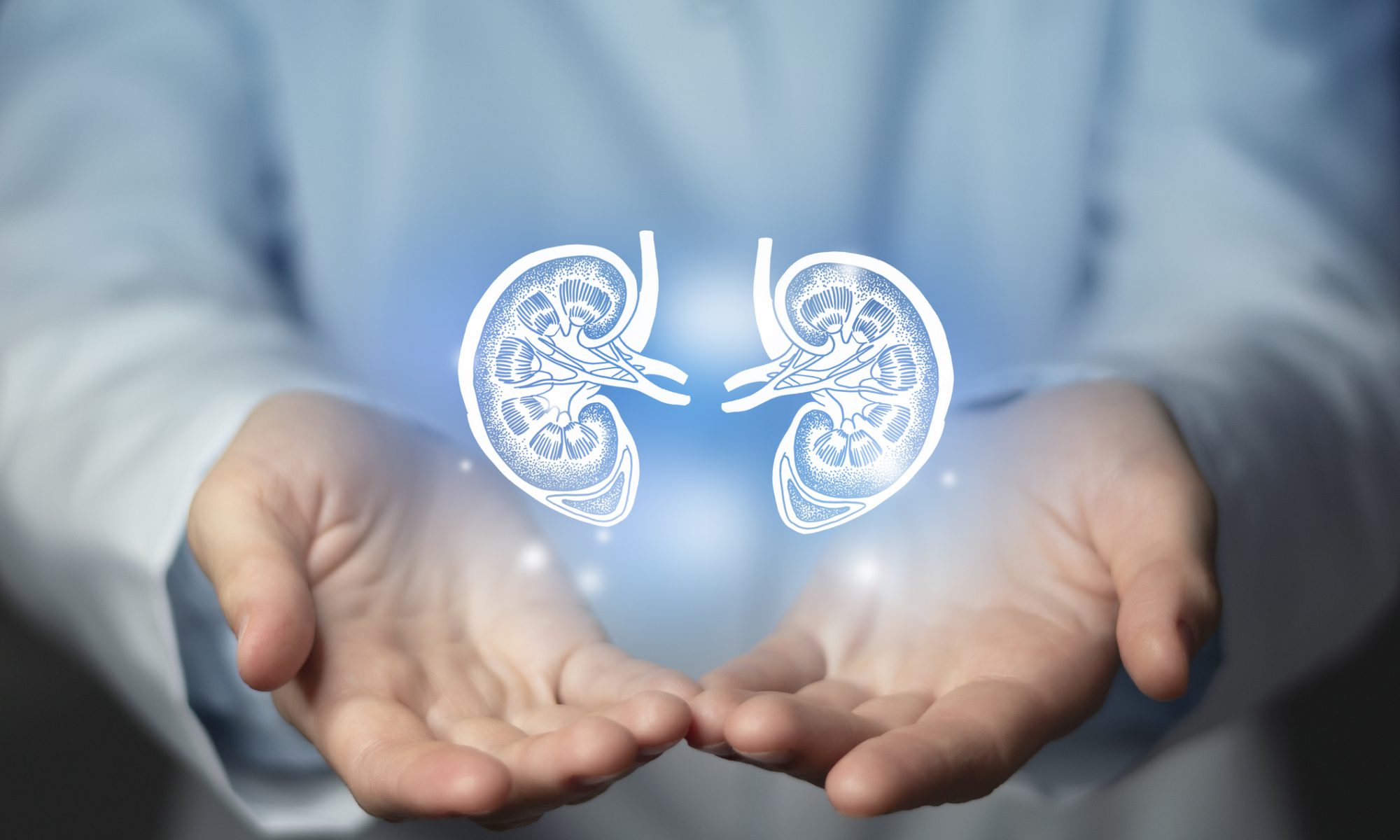By Phaedra Threthan
This summer, the last thing on Kaitlin Seigel’s mind was whether she’d be able to enjoy a Thanksgiving meal with her family.
The 15-year-old from Clark, New Jersey, felt nauseous all the time. She was listless and all the color was gone from her face. She couldn’t eat, and the lack of nourishment was making her weak. She didn’t want to hang out with her friends or take part in any school activities, fearful she might get sick. The isolation made her sad and anxious.
Read the full story in USA Today.




